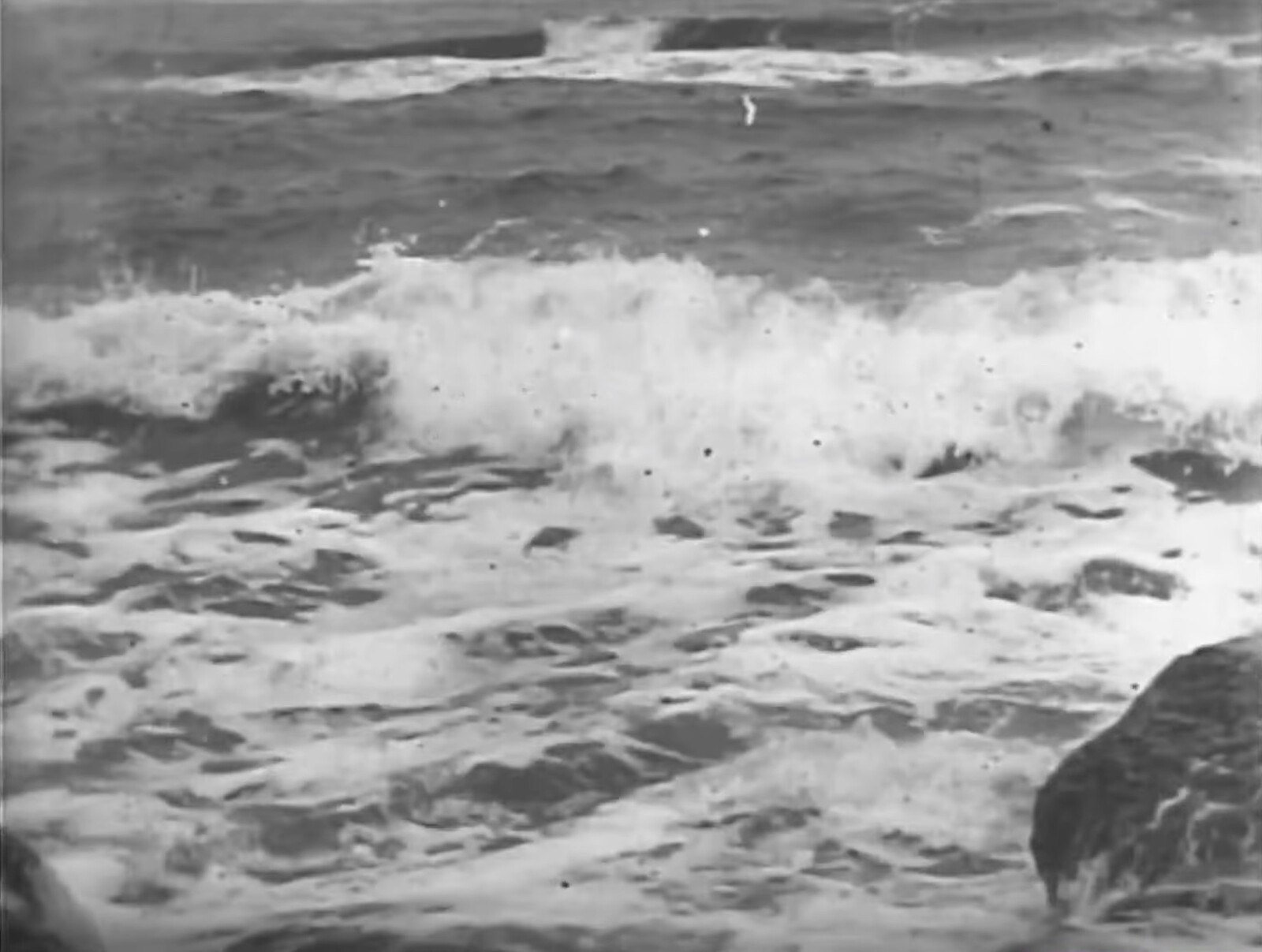Sometimes it is better to let the work speak to the moment. We begin this month with a text reflecting on a recreation of the “meditation room” installed at the UN headquarters by a diplomat later rumored to have been murdered for his commitment to the organization’s ideals. While we must acknowledge that even spaces of spiritual experience are implicated in structures of power, writes Natasha Marie Llorens, this work suggests that “the most violent stages” can nonetheless “be instrumentalized in service to subtle and multivalent forms of resistance.” We can only hope.
It is the nature of art that the work (and its criticism) will always be inflected by those events by which it—and we—are surrounded. That is especially the case when those events are as consuming of our attention as the US election or Israel’s increasingly unconstrained destruction of Gaza. An exhibition of Ariella Aïsha Azoulay’s “Unshowable Photographs” also illustrates how works of art can slip the purposes to which they are put by transforming photographs whose meanings have literally been fixed into drawings that might speak for themselves. That there are no illusions here about the function of images is not a cause for despair so much as a call for close reading and creative intervention.
The question of how reality is delivered to us in the form of images, and how we might critically engage not only with what we see but how we see it, is a motif of the “Currents” section of the New York Film Festival. As our minds are programmed to see patterns even in random distributions of information, so it can seem that there are harbingers everywhere. The Tbilisi Architecture Biennial is reviewed after the victory of Georgia’s ruling pro-Putin party in an election skewed by Russian interference; writing about the Jakarta Biennial, Innas Tsuroiya suggests that we might need to move beyond exercises to more justly distribute resources and instead pioneer entirely new modes of organization that do not rely upon “a center that can no longer hold.”
A new survey of contemporary art in Southeast Asia promises to introduce readers to the different ways in which artists in the region have used public space to effect measurable social changes, strategies that might have wider application in the months and years to come. Nástio Mosquito’s 2008 “manifesto,” meanwhile, heralds a present in which “social media gurus giving life hack advice, populist politicians emitting dumb-down slogans, and mercenaries making cocky pep talk [are] part of one continuum,” according to Jörg Heiser.
The resonances are sometimes more obvious than others. We’ll publish an account of a dinner to commemorate the life of Palestinian poet and translator Wael Zuaiter, who was assassinated in Rome in 1972. And yet even the reissue of a “photoroman” by Hervé Guibert from nearly half a century ago offers an opportunity to reflect on the psychosocial dynamics of power and violence, pain and pleasure, that make possible the continuing brutalization of the majority in service of the minority.
In New Orleans, the sixth edition of the Prospect triennial proposes that some places—those most subject to the ravages of climate change and global inequality—are harbingers of what is to come elsewhere. The implication is that the future has already arrived, if we only knew where to look for it and, perhaps more importantly, are willing to see it.
